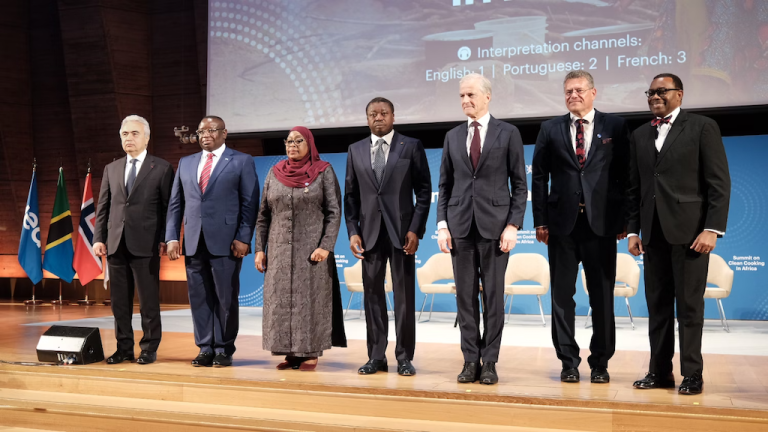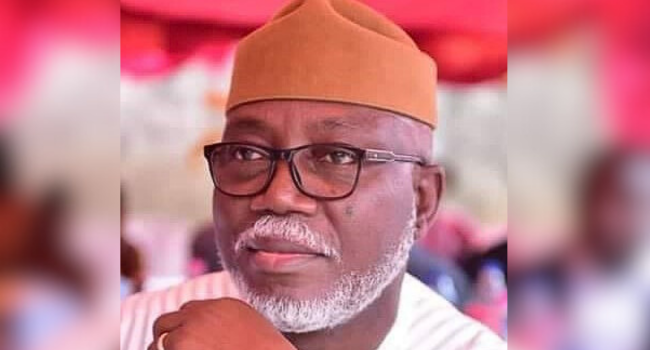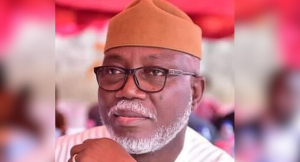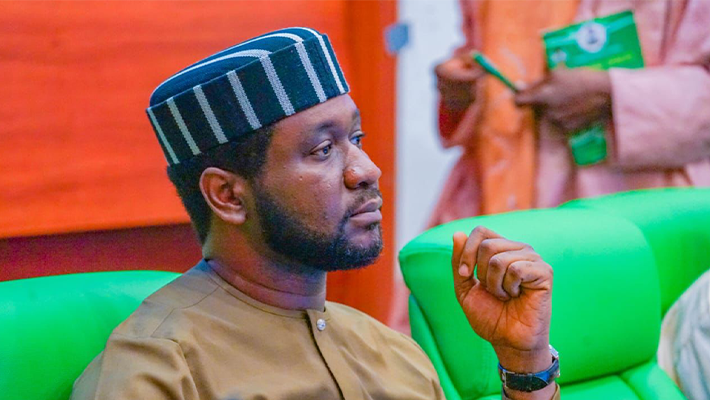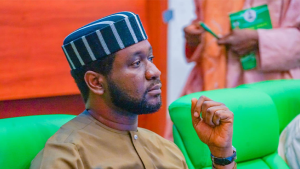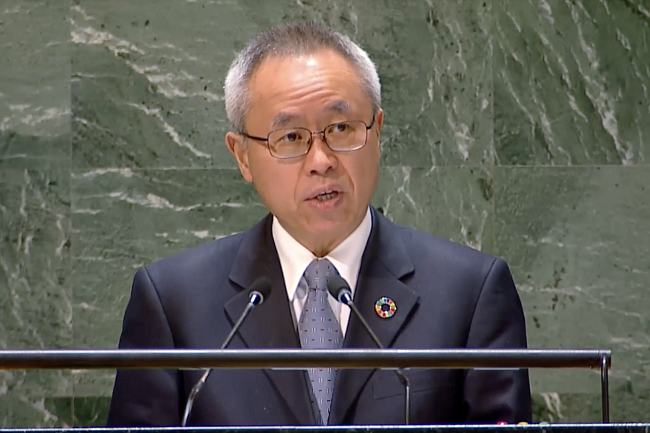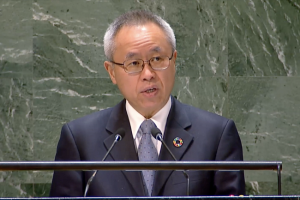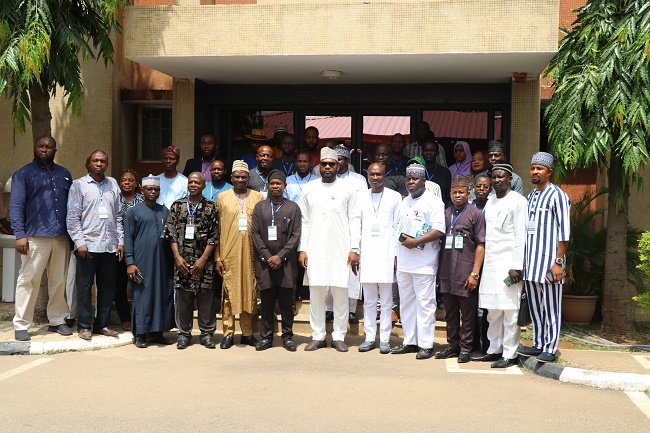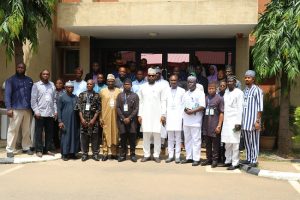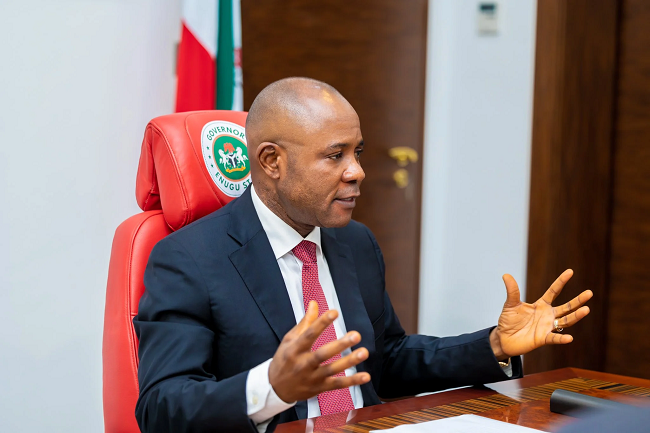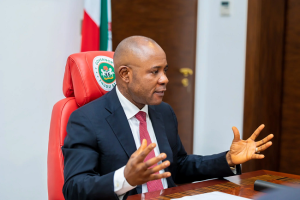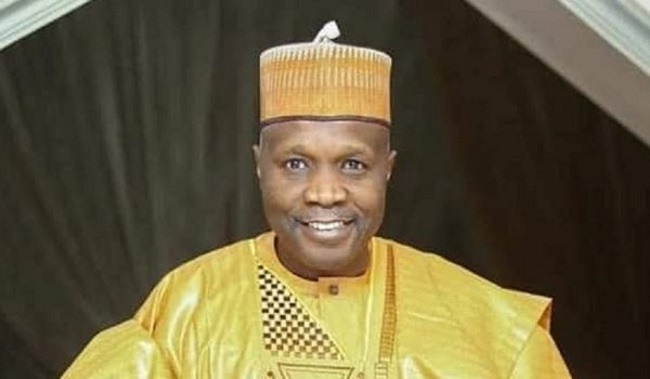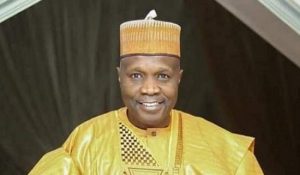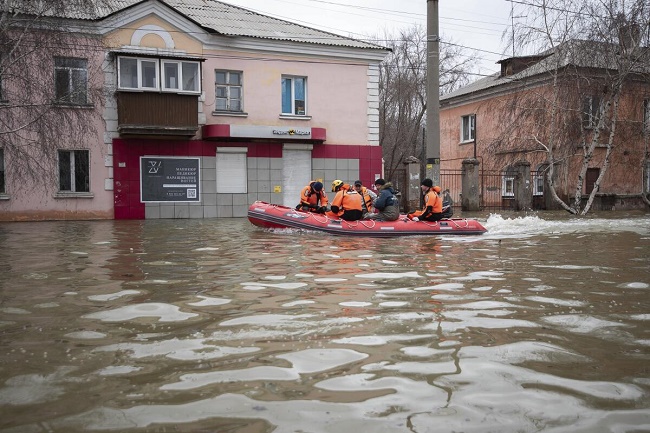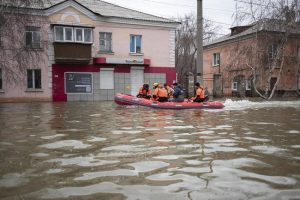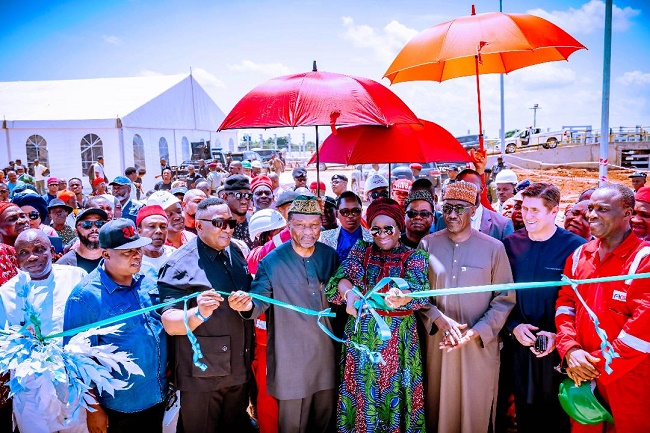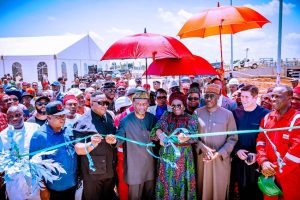The first ever high-level Summit focused on providing clean cooking access to the more than 1 billion people in Africa who currently lack it has delivered a breakthrough financial commitment for addressing one of the world’s most persistent and deep-seated inequalities.
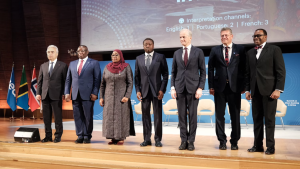
Co-chaired by the leaders of the governments of Tanzania and Norway, and the African Development Bank and the International Energy Agency, the Summit on Clean Cooking in Africa mobilised $2.2 billion in financial pledges from governments and the private sector. Close to 60 countries took part in the Summit, with over 1,000 delegates in attendance.
TASC, a leading global carbon project developer specialising in identifying, financing, and structuring commercially viable carbon projects, has hailed the IEA’s $2.2 billion “landmark” pledge.
Commenting on the development, Nick Marshall, co-founder of TASC, said: “TASC welcomes the International Energy Agency’s (IEA) landmark pledge to mobilise $2.2 billion for advancing clean cooking solutions in Africa. This commitment represents a significant step-change in action towards achieving the goal of universal clean cooking by 2030. It is a transformative move that addresses one of the most persistent inequalities affecting over a billion people in Africa.
“Open fire cooking is the main source of household air pollution (HAP), causing over 4 million premature deaths from respiratory diseases each year, more than tuberculosis and HIV combined. Through improved cookstoves, we already have the technology to change this and now, through this pledge, we have the capital means.
“The use of carbon finance will be crucial to delivering this target efficiently. It is essential for deploying capital effectively into projects that will drive the adoption of clean cooking technologies. TASC’s extensive experience in carbon credit development, particularly through our improved cookstove projects, highlights the role which carbon financing can play in Africa’s transition towards universal clean cooking access.
“While recognising that LPG is a fossil fuel, it remains a vital component. LPG’s efficiency significantly reduces CO2 emissions compared to traditional biomass fuels, providing immediate health and environmental benefits.
“TASC is proud to be a carbon project partner of Vitol, who announced a $550 million pledge at the conference this week. This collaboration exemplifies the powerful synergies between the private sector and global initiatives aimed at addressing climate change and improving lives across the continent.
“Together, with the support of the IEA, governments, and private sector partners, we are confident that we can make substantial progress towards ensuring clean cooking access for all, enhancing health outcomes, reducing emissions, and creating economic opportunities.”

